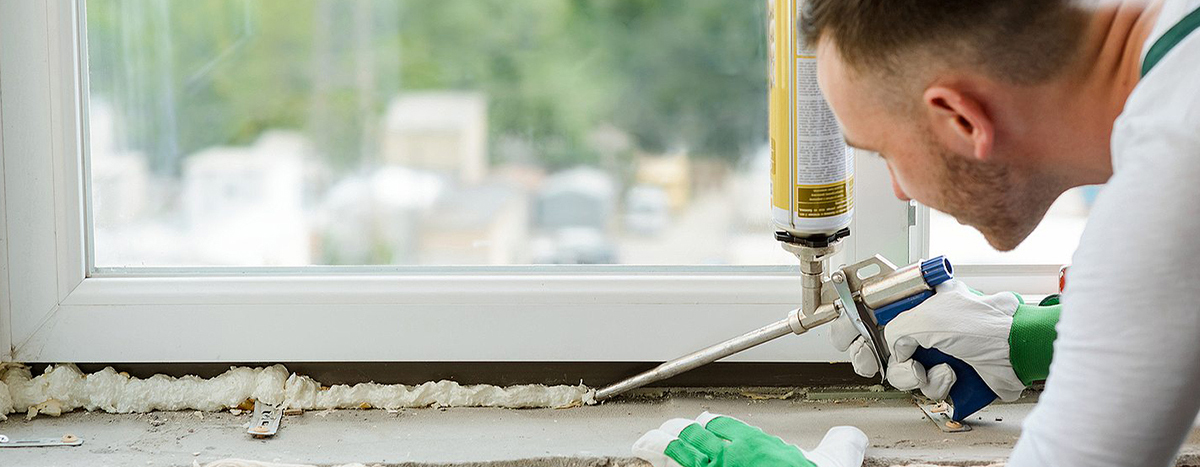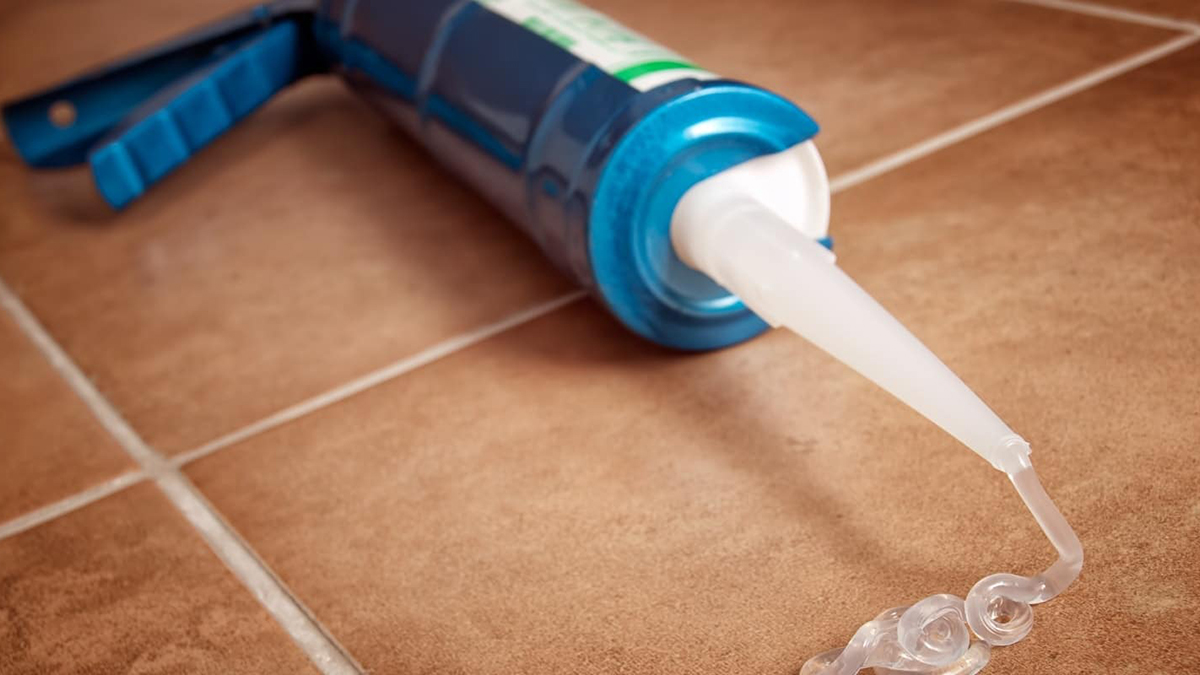Choosing Sealants for Different Materials: A Comprehensive Guide
In the world of construction and home repairs, one size does not fit all, especially when it comes to sealants. Choosing sealants for different materials is crucial for ensuring durability, aesthetic appeal, and long-term performance. Whether you’re sealing concrete, wood, metal, or glass, each material demands a specific type of sealant to effectively protect and preserve its integrity. This guide will provide you with the insights needed to make the right choice for various surfaces.
Understanding Sealant Types
Before diving into specific materials, it’s important to understand the basic types of sealants available:
- Silicone Sealants: Known for their flexibility and water resistance, silicone sealants are ideal for areas exposed to temperature changes and moisture.
- Polyurethane Sealants: These are known for their strength and versatility and are great for sealing joints that bear heavy loads.
- Acrylic Sealants: Best suited for interior use, acrylic sealants are paintable and provide a smooth finish but are less flexible.
- Epoxy Sealants: Known for their strong adhesion and chemical resistance, epoxy sealants are often used in industrial and marine applications.
Choosing Sealants for Concrete
Concrete surfaces, both indoor and outdoor, are prone to cracks and gaps. When choosing sealants for concrete, look for a product that can handle its porous nature and accommodate movement. Polyurethane sealants are often recommended for concrete due to their durability and flexibility. They can bridge gaps effectively and withstand environmental factors like rain and UV rays.

Selecting the Right Sealant for Wood
Wood is a natural material that expands and contracts with humidity and temperature changes. Therefore, a sealant used on wood should accommodate this movement. Siliconized acrylic sealants are often a good choice for wood surfaces. They are flexible, easy to apply, and can be painted to match the wood. For outdoor wood structures, a waterproof sealant is essential to protect against rain and moisture.
Best Sealants for Metal Surfaces
Metal surfaces, such as those on roofs, gutters, and windows, require a sealant that can adhere strongly and resist corrosion. Polyurethane and silicone sealants are typically preferred for metal, offering a strong bond and resistance to temperature changes and moisture. For metals prone to rust, like iron or steel, using a sealant with corrosion inhibitors is advisable.
Sealant Choices for Glass
Glass surfaces, including windows and shower doors, demand a clear, strong, and flexible sealant. Silicone-based sealants are the go-to choice for glass due to their clarity, waterproof properties, and resilience. They are also resistant to temperature changes, making them ideal for both indoor and outdoor glass applications.
Special Considerations for Different Environments
When choosing sealants for different materials, consider the environment they will be exposed to:
- High-Moisture Areas: Bathrooms and kitchens require sealants that can withstand constant moisture and prevent mold growth.
- High-Traffic Areas: Floors and walkways need durable sealants that can handle heavy foot traffic and resist wear and tear.
- Extreme Weather Conditions: Outdoor applications require sealants that can withstand harsh weather conditions, be it intense sun, heavy rain, or freezing temperatures.
Application Tips for Effective Sealing
No matter the material, proper application is key to the effectiveness of the sealant:
Surface Preparation: Ensure the surface is clean, dry, and free of debris or old sealant residues.
Application Technique: Apply the sealant smoothly and evenly, filling the entire gap or crack. Use a caulking gun for precision.
Curing Time: Allow adequate time for the sealant to cure fully, as per the manufacturer’s instructions, before exposing the surface to stress or moisture.
Conclusion
Choosing the right sealant for different materials is an essential aspect of building and home maintenance. With the vast array of sealants available, it’s important to match the sealant type with the material and the specific conditions it will encounter. However, the intricacies involved in selecting and applying the right sealant can often be daunting and complex for the untrained individual. This is where the expertise of professionals comes into play.
Leaving your sealing project in the hands of professionals like General Seal ensures that every aspect of the job is handled with the utmost precision and expertise. Our team at General Seal not only helps in selecting the ideal sealant for your specific needs but also guarantees a flawless application. We bring years of experience, specialized tools, and a deep understanding of how different sealants behave under varying conditions.
Choosing General Seal means choosing peace of mind. You can rest assured that your property is being cared for by skilled professionals who are committed to delivering the highest quality of work. Our attention to detail ensures that every nook and cranny is properly sealed, protecting your property from potential damages and extending the life of the surfaces.
In addition, opting for professional sealing services like ours can save you time and money in the long run. Incorrectly applied sealant might not only fail to protect your property but could also lead to costly repairs in the future. Our team ensures that the job is done right the first time, providing a cost-effective and long-lasting solution.
In conclusion, while understanding the basics of choosing sealants for different materials is beneficial, entrusting your sealing needs to the professionals at General Seal is the key to ensuring a durable, effective, and aesthetically pleasing outcome. With our expertise, you can ensure that your surfaces are well-protected, enhancing the longevity and beauty of your property.
Contact General Seal Today for your Building Maintenance requirements

